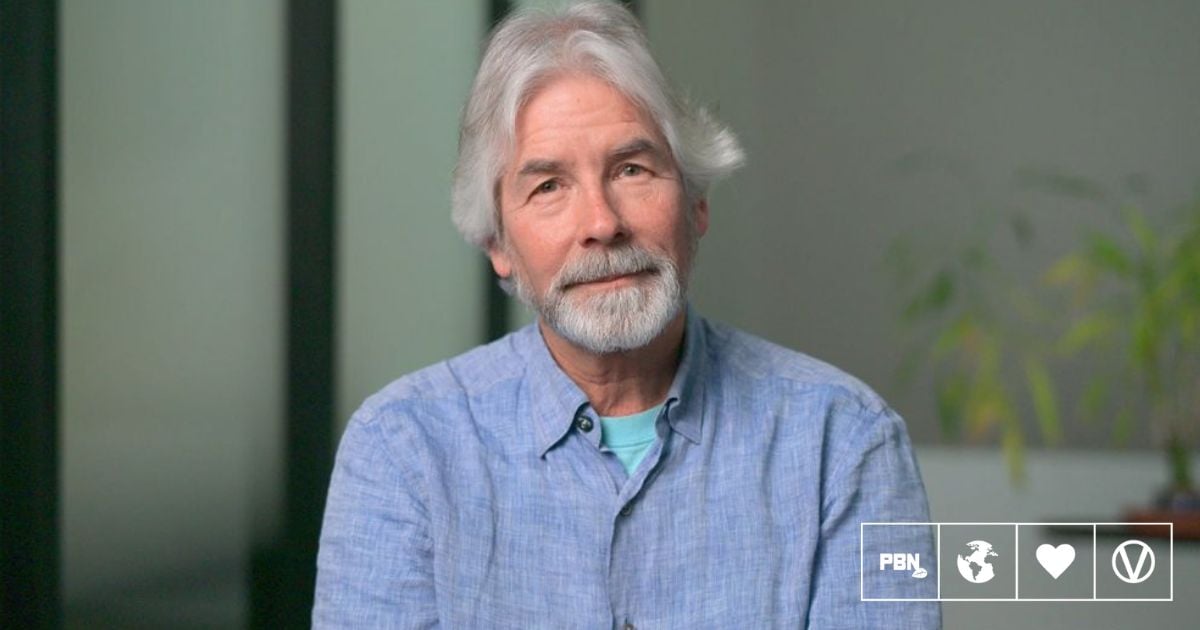Renowned Stanford professor Christopher Gardner recently shed light on the lack of nutrition education provided to medical students. In a conversation with plant-based specialist Dr. Alan Desmond, Gardner highlighted the minimal amount of nutrition education that medical students receive during their training. He mentioned that he only gets four sessions with Stanford Medical School classes throughout their entire career, with each session lasting only 20 minutes. This lack of education on nutrition is concerning, as it means that doctors may not have the necessary knowledge to advise their patients on the importance of a healthy diet.
The importance of nutrition education cannot be overstated, especially in light of the numerous studies that have shown the benefits of a plant-based diet in reducing the risk of major diseases such as heart disease, type 2 diabetes, and certain cancers. Gardner’s recent work on the Stanford “Twin Nutrition Study” further emphasized the positive impact of a plant-based diet on health outcomes. The study, featured in the Netflix documentary “You Are What You Eat,” followed identical twins who followed different diets – one omnivorous and the other plant-based. The results showed that the plant-based twin had lower LDL cholesterol, body weight, and insulin levels compared to their meat-eating counterpart.
By advocating for plant-based nutrition, doctors can play a crucial role in helping their patients prevent and manage chronic diseases. The shift towards lifestyle medicine is becoming more prominent within the medical community, with organizations like the Physicians Committee for Responsible Medicine leading the way. Events like the International Conference on Nutrition in Medicine (ICNM) provide a platform for health professionals to learn about the power of a healthy diet and incorporate it into their practice.
As the landscape of healthcare evolves, it is essential for medical students and practicing doctors to receive comprehensive education on nutrition. By equipping healthcare professionals with the knowledge and tools to promote healthy eating habits, we can work towards a healthier population and reduce the burden of preventable diseases. The conversation sparked by Christopher Gardner and Dr. Alan Desmond serves as a reminder of the importance of nutrition education in medical training and the potential impact it can have on patient outcomes.


